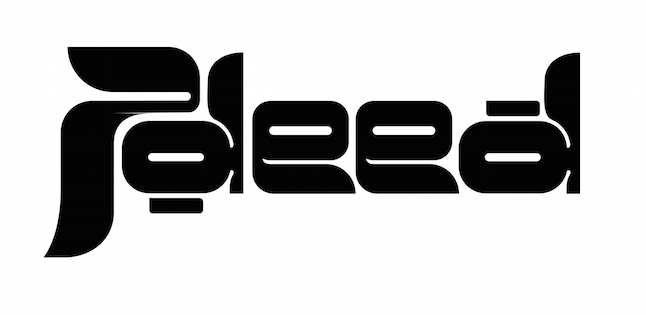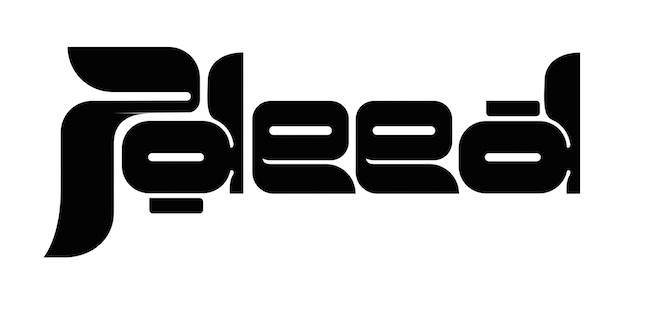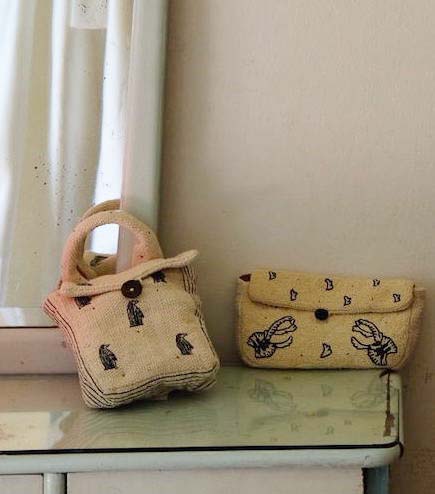
Fashion
JDEED Pop-Up L’Appartement | Meet the designers / part 2
Immersing yourself in an industry of creativity and art is never easy. It takes determination, the capacity to be open-minded for new ideas and most importantly, it takes having an actual purpose. It’s a competitive world of inventors, but having those three factors set in place when running a brand are the main keys that the fire inside you melts together; to create the perfect weapon to fight through any struggles a business could face.
Especially when these brands are Beirut based and sailing through the hardships of an economic downfall. But regardless, the goal to keep the dream going hasn’t shifted and these five brands are a prime example of what it takes to operate a business; no matter what the circumstances are. Emergency Room, LarazBrandz, Index Boutique, Third Culture Co., and Michel Kabbany are Lebanese and Bahraini brands that drive their businesses for different or similar purposes, such as eco-conscious missions, social responsibility and an overall passion for the arts.
Words/Khaled Alameh
Pictures/Joy Saade
Emergency Room
This ethical brand is run by non-other than Lebanese designer, Eric Mathieu Ritter. He founded this brand on the basis of the idea that everything in the fashion industry has been working the wrong way for so long and was determined to show how a fashion brand is supposed to exist, which is in a more environmentally friendly manner. A lot of businesses that don’t prioritize sustainability; to want to make profit and satisfy the hunger of their many consumers with never-ending mass production and constantly purchasing fabrics or having fabrics imported. Emergency Room strives on producing fashionable clothing with a less complicated map and rather simpler approach towards the whole process. ‘’The way I work really isn’t the way other designers work. I always say that I work like a chef; so immediately a chef would always go down to the souks see what is available. They will not like to import products, even when there are no tomatoes; so, they’re always going to use the freshest of ingredients. So, the way I work is usually the same; I just go the souks of Tripoli or to the thrift stores; and I look at what is available. And we just work with whatever I find instead of trying to impose a vision or force something that is so hard to reach. Whenever you start with existing things, it’s easier to not dream up a fantasy that you can never achieve, but actually work with concrete things and real raw materials that are in your hands. We use what is right here and right now; that we can really transform.’’
Eric is always a designer who prides himself on keeping an open mind and is never uncomfortable stepping into unfamiliar places of new and different experiences. That kind of mentality has stuck with him to this day, which has resulted in the work and concepts he has been able to produce. And with the world turning upside down in the whole mess of quarantine; Eric’s approach of thinking comes with a positive understanding that he needs to just keep on taking more action to let his business surpass through these dark times, especially when it’s being run in a country with an unstable economy. He just keeps making decisions that are 100% necessary in this present reality, such as canceling wholesale pricing and going straight from production to retail pricing, which benefits his customers a lot through automatic price reduction. Not to mention, the original vision for the band that still stands to this day has also helped him stay ahead of the Covid-Economic nightmare game, showing many brands the benefits of adopting a more sustainable business model.
LarazBrandz
To just call her a designer would be an understatement; Lara Abi Haidar is a poet who found her way to fashion through her love for it, after a long road of exploring different career options. Her heart eventually set her on the right path; for she could never put that paint brush down for even a second. And one day, she decided to take the risk of sliding that brush stroke out of the canvas and spill it on the world of fashion. She is now the proud owner of LarazBrandz; a luxury hand-crafted fashion house with a purpose to make its clients feel special with its unique pieces. The originality stems from the painting aesthetic itself with the brush strokes creating different effects on different fabrics used that each have their own different shades and textures that produce a broad variety in her collections.
‘’You know, when you sit in nature, you get a hold of every senses! And these senses aren’t even five; they’re six. Because we have the sixth, which is intuition. We are artists and we do things ourselves. We have to have a muse and nature is one of them. We’ve seen that with this pandemic; people went back to nature and nature went back to humans. With the help of nature, I’ve been doing some sustainable products. For example vases, which were bottles of whisky with an added flower design. This upcycling is part of sustainability” Lara explains. This pandemic allowed many to gain an awareness and the ability to have a transformative and mindful growth. Lara noticed the present changes happening in the midst of all the chaos and focused on the beautiful energy of nature which inspired her to take a more eco-conscious approach when creating new pieces by expanding her vision and touching more objects with the magic of her paint brushes. It also allowed her to think more about her customers and change the currency she used for her prices from USD to Lebanese Liras, as well as focus on creating more commercially wearable pieces that are more approachable and would decrease stock at the same time.
Index Boutique
‘’Curiosity has been at the heart of our life and this is probably the most needed skill when you run a second hand business. It is this spark that cannot go away and keeps us moving. For us, going on a hunt to find design gems is very much like Charlie in the Chocolate factory.’’ Lea Vicente and Hussein Nassereddine form the formidable duo behind Index Boutique, a brand that gives a new life to recycled vintage objects, which also serves to preserve the vibrant design heritage of Lebanon. Apart from that, this design process gives them the opportunity to meet local craftsmen across Lebanon who assist them with their creations and vice-versa since Index never hesitates to emphasize on the importance of these skilled artisans; especially in uncertain times like these in Lebanon. Businesses should be supporting other businesses as they are all in the same boat. The boutique has switched to a fairer pricing and switching currency and promote the local businesses they work with, taking into consideration the struggles that their customers, suppliers and local artisans are going through as well.
With all that’s going on, these designers’ passion gets them going on an unsteady and unpredictable road. Because to them, at the end of the day, nothing matters more than keeping the dream alive. The duo is doing what they’ve got to even it means costing their own profitability because the business goes beyond art.
Third Culture Co.
A Third Culture kid herself, Shaima Shamsi who’s based in Bahrain, finds it vital to spread awareness of the idea that anyone can have an identity, and that is not merely defined by where they come from. For her, everyone should embrace and be proud of their own personal journey, whether it’s different from the typical one-cultural background that others usually have. That there’s something so beautiful about coming from an upbringing of numerous cultures and breathing in the individual dynamics of all types of knowledge. All that discipline and research is how she was able to run a brand with a philosophy like Third Culture Co.today. Shaima sparks up new ideas from nature and the environments that she has experienced throughout her life. A strong awareness to have as an artist, which allows her to design clothing that tells beautiful stories of belonging and culture: ‘’Nature and its magnificent balance has always inspired me from how waves travel endlessly to the energy the moon poses on all living things. Being conscious of my environment and reflective of the people around me has always sparked a new idea and direction.’’
And that awareness shows to be a huge help during the dark economical times our world is going through. Already being a mindful brand when it comes to production; this designer immediately made even more eco-conscious decisions, following this universal shift, such as reducing the brand’s carbon footprint by having products shipped from the fashion house directly or implementing the Japanese methodology of Just-in-Time which reduces stock, everything being ordered from suppliers or manufacturers only after a sale has been made. This brand is a strong example of the conscious understanding a business has to have to be able to run smoothly within a changing environment.
Michel Kabbany
Michel Kabbany is a designer in Lebanon who before starting his own brand had a lot training in the industry that taught him the importance of people, history, teamwork and staying humble in a competitive industry that’s tough to find success in. His brand today is all about creating clothing, where the idea behind the clothes comes from historical or philosophical male figures and how their ideas would translate into womens’ clothing: ‘’I mostly get inspired from historical, philosophical men and I try to merge their vision and outtake into society with mine. I try to imagine if they were women what would they wear, how would they act, etc. So getting inspired from a new person in every collection keeps making it fresh.’ This results in him creating high-fashion and dramatic pieces of fascinating shapes, volumes and textiles.
Although the brand has only existed for 2 years, with all the knowledge he has taken throughout his training, giving up on his dream was not an option; for he took immediate business decisions in the wake of this economic crisis and implemented plans he had already planned ahead for the next 3-5 years at this very moment. These include showcasing his work outside of Beirut, which will give him a boost and simultaneously will also hopefully contribute to Lebanon’s economy.









0 comments